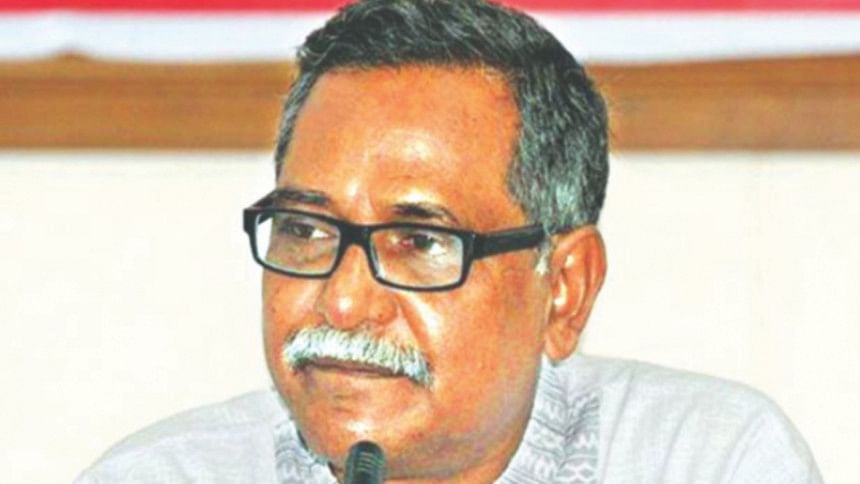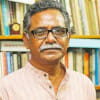Govt importing rejected power schemes: Prof Anu

Bangladesh is importing rejected ideas of power generation, which will increase the price of electricity and damage the environment, economist Prof Anu Muhammad said yesterday.
India and China have already shut down many coal-fired plants because they are bad for the environment and shifted their energy dependency to renewable sources, but these countries are interested to set up such power plants in Bangladesh, he said.
“Is Bangladesh a dumping ground where they would implement their abandoned projects?” the professor said, suggesting that the government should embrace renewable energy like the neighbouring countries.
The Jahangirnagar University teacher was addressing a press conference, “Bangladesh Electricity Transition in the Context of Global Development”, organised jointly by the National Committee for Saving the Sundarbans, and Bangladesh Poribesh Andolon (Bapa).
Saying that adoption of renewable energy has increased dramatically in the developed countries, Prof Anu said, “While the world is going forward, Bangladesh is moving in the reverse direction. It's is a matter of concern for us. The energy policy of Bangladesh is regressive.”
If the cost of environmental and social damage is taken into consideration, renewable energy is way cheaper than coal-based power, he said, adding the government's power sector master plan, dependent on imported coal and LNG, would ultimately increase the price of power.
At the programme, Institute for Energy Economics and Financial Analysis's Director Tim Buckley and Energy Finance Analyst Simon Nicholas gave presentations on their study titled "Bangladesh Electricity Transition: A Diverse, Secure and Deflationary Way Forward."
They showed how Bangladesh could be benefited from renewable energy instead of gas and coal when domestic sources of gas are becoming increasingly unreliable.
The country's plan to increase reliance on subsidised coal-fired generation is almost entirely dependent on imported coal and would increase energy security risk, reads the study.
If Bangladesh were to concentrate instead on utility-scale solar development (which means sending the solar power to the national grid) and energy efficiency, complemented by some imported coal-fired power and hydro-electricity, problems with over-reliance on gas and imported coal supply can be minimised, the study finds.
Regarding the space constraint, Simon said notwithstanding the challenges of limited land, utility-scale solar power had considerable scope so long as it was pursued with sensible planning policies.
If Bangladesh were to set an ambitious target of 10,000 megawatts of utility solar power by 2025, it would require only 20,000 hectares of land, he added.
Columnist Syed Abul Moksud yesterday urged the government to adopt a people oriented and environment friendly energy policy.
“The state is not a business organisation. We don't want that they will make profits from electricity,” he said.
There is a relationship of environment with electricity; if increasing the capacity of electricity destructs the environment, there will be an imbalance in the society, he said.
Architect Mobashwer Hossain and joint secretary of Bapa Sharif Jamil addressed the programme, which was presided over by Badrul Imam, a geology professor at Dhaka University.

 For all latest news, follow The Daily Star's Google News channel.
For all latest news, follow The Daily Star's Google News channel. 







Comments